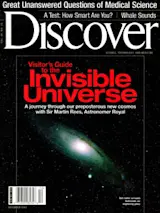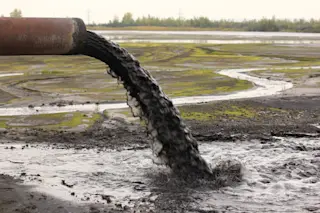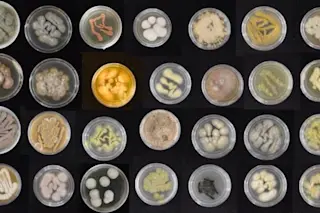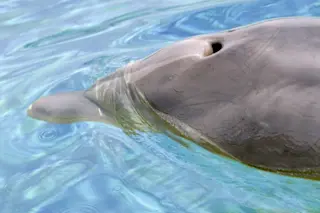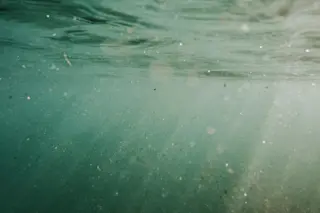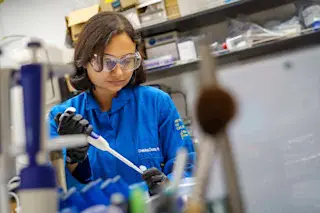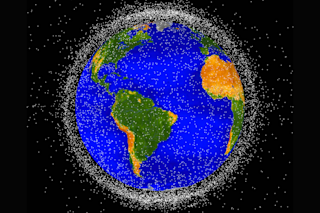Over the past few years, ecologists surveying the waters around waste treatment plants have found contraceptives, synthetic musks, ibuprofen, and other compounds flushed off or out of our bodies and into the environment via municipal effluent. A recent study in Tromsø, in northern Norway, for example, found extremely elevated levels of caffeine in the seawater of the Tromsø Sound. Now the compounds are turning up in animals as well—with unknown consequences.
Environmental toxicologist Bryan Brooks and his colleagues collected bluegill, channel catfish, and black crappie from Pecan Creek, a stream in the Dallas suburb of Denton, Texas, that is prime dumping ground for effluent from the city’s waste treatment plant. The researchers took brain, liver, and muscle samples from the fish and tested them for fluoxetine, the active ingredient in the antidepressant Prozac. Fluoxetine and norfluoxetine, the metabolized form of the drug, were found in every tissue sample and in ...


